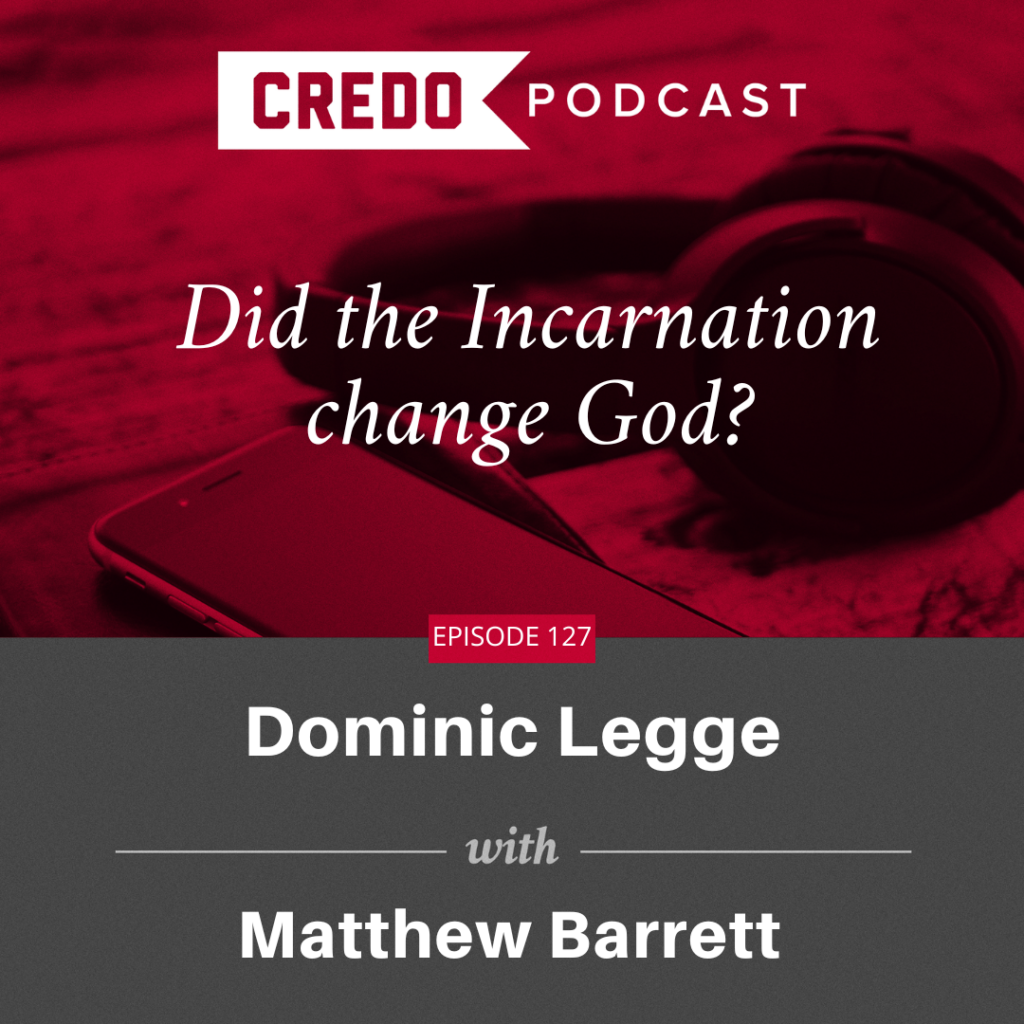
Does the Incarnation Change God?
M erry Christmas from Credo Magazine! To celebrate the birth of the Savior this week, we thought it apt to share a new conversation on the incarnation between Dominic Legge and Matthew Barrett. Oftentimes, theologians will approach the doctrine of Christology in an isolated way, rarely bringing the doctrine of the Trinity into the discussion. As a result, we have succumbed to many Christological heresies across the centuries and more recently entertained Kenotic Christology. The collateral damage has been severe. For example, in the past generation it became acceptable for modern theologians to say that the incarnation introduces a change in God himself.
erry Christmas from Credo Magazine! To celebrate the birth of the Savior this week, we thought it apt to share a new conversation on the incarnation between Dominic Legge and Matthew Barrett. Oftentimes, theologians will approach the doctrine of Christology in an isolated way, rarely bringing the doctrine of the Trinity into the discussion. As a result, we have succumbed to many Christological heresies across the centuries and more recently entertained Kenotic Christology. The collateral damage has been severe. For example, in the past generation it became acceptable for modern theologians to say that the incarnation introduces a change in God himself.
However, this has not been the way theologians across the Great Tradition have approached Christology. Following the lead of the holy scriptures, the Great Tradition approached Christology through a Trinitarian lens because they considered the incarnation an inseparable work of the Father, Son, and Holy Spirit. Following scripture, the Great Tradition could use its theological imagination to find the connection between the divine missions and the processions of the Trinity, for example. This theological approach was a major contribution of the angelic doctor, Thomas Aquinas. Could a retrieval of Thomistic Christology help us today avoid the major mistakes of modern Christology? If so, then we must understand why the incarnation is not a change in God.


